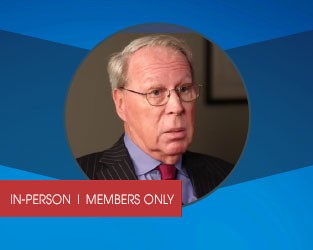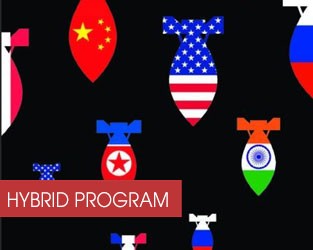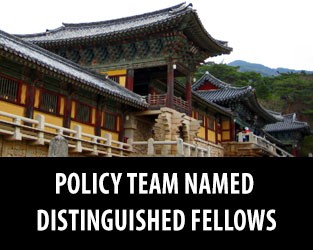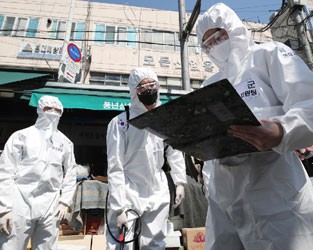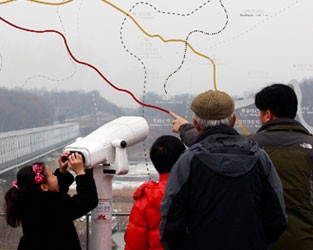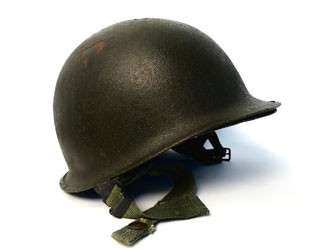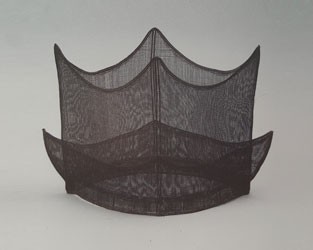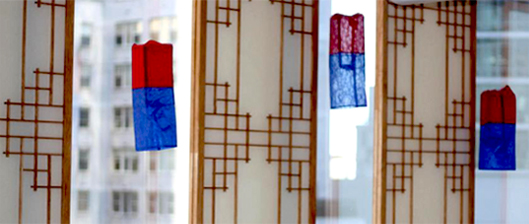![]()
In the 1970s, the Republic of Korea sprang forward in its appeal for investors and financiers, given strong export-led growth, close cooperation with US financial institutions, and bank representatives' pioneering efforts. First Chicago's John Day, Citi's Philip Sherman, and Marine Midland's James Whitely recount their experiences as bankers in a groundbreaking era and explain how Korea found its global financial footing.
Korea and Banking in the 1970s
with
John Day, Philip D. Sherman, and James L. Whitely
Members: Free with registration
Nonmembers: $10
5:30 PM | Registration & Light Fare
6:00 PM | Discussion
If you have any questions, please contact Nikita Desai or (212) 759-7525, ext. 355.
About the Speakers
John Day opened the Seoul representative office for the First National Bank of Chicago in 1974 and helped convert it to a branch in 1976 when he became Japan country head. Before retiring in 2006, John’s banking career spanned 17 years with First Chicago with international, project finance, branch management and large corporate relationship positions in Chicago, New York, Tokyo, Seoul and San Francisco, 9 years with the Bank of Montreal heading its Chicago and New York offices, and 13 years with Salomon Smith Barney and Citigroup in credit risk management (Hong Kong and New York).
Since retiring John assists his wife, Judith, a leading private dealer in contemporary Vietnamese art. Committed to endangered species conservation, he met the co-founder of the International Crane Foundation while in Seoul and served on ICF’s board for over 25 years as well as on the boards of the American Bird Conservancy and several other organizations.
Born in Wisconsin, he lives on the upper West side, holds a B.A. from the George Washington University, a M.A. from the University of Wisconsin-Madison, attended the University of Malaya, Kuala Lumpur, and Northwestern University’s advanced management program in Switzerland.
Philip D. Sherman was the Country Corporate Officer for Citibank in Korea from 1974 to 1978, and served during those years as Chairman of the Foreign Bankers Association and a Vice President of the American Chamber of Commerce in Korea. He received Korea’s Order of Diplomatic Merit Sung Yi in 1978 for his contributions to Korean finance and economic development during his tenure in Korea.
Mr. Sherman, a graduate of the University of Michigan and the Harvard Business School, joined the then First National City Bank’s Overseas Division in 1965 and worked in Asia between 1966 and 78, including tours in the Philippines, Thailand, Japan and Hong Kong, where he organized Asia Pacific Capital Corporation, Citibank’s Asian international investment bank was active in syndication of Korean international loans during the 1970’s and 80’s totally well over $1 billion. Subsequently , Mr. Sherman was head of Citibank in Italy and Germany, and prior to retirement in 1996, Glob al Business Manager of Citibank Global Asset Management. After Citibank, Mr. Sherman was the founding CEO of Asian Securitization and Infrastructure Assurance Pte Ltd, Singapore, Asia’s first financial guarantee insurance business led by Asian Development Bank, The Government of Singapore Investment Corporation and Capital Markets Assurance Corporation. Korea Long-Term Credit Bank was one of the other institutional shareholders. He subsequently worked in Singapore as a financial industry consultant and continues activity in New York to which he returned in 2007, where he is a member of The Korea Society.
Mr Whitely opened the representative office for Marine Midland Bank in Seoul in 1972, the first of the American banks to follow B of A, Citibank and Chase. He served as VP/Representative in Korea for four years. Prior to his banking career, he spent two years in Korea (Seoul and Pusan) working for CARE, the American relief organization.
He has retired from JP Morgan Chase after a 37-year career in banking, including assignments in southeast Asia, Canada, the chairman’s office, as well as in corporate and middle market commercial banking.
He currently serves on several non-profit boards, as a governor of the Old Asia Hands Society, and as a member of the US advisory board of Ai Kwang Won, a Korean social welfare foundation.


